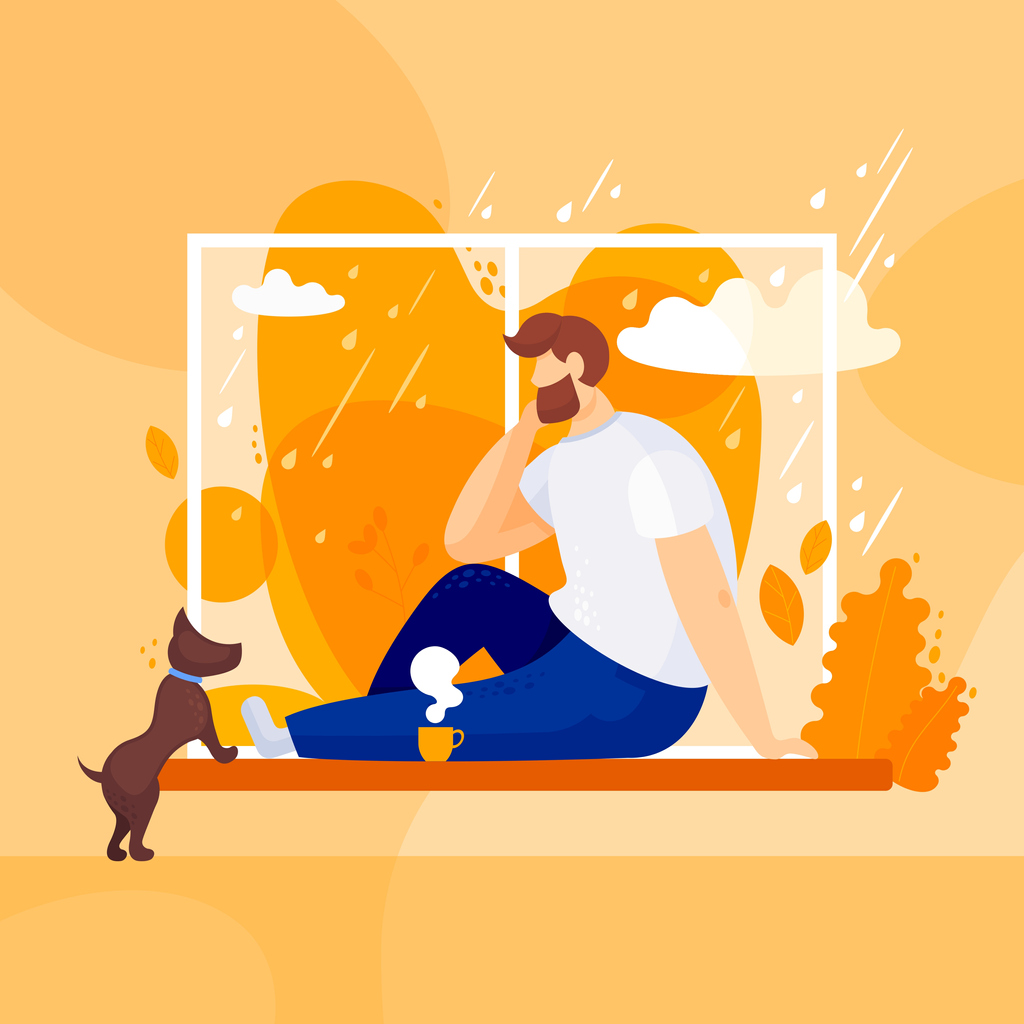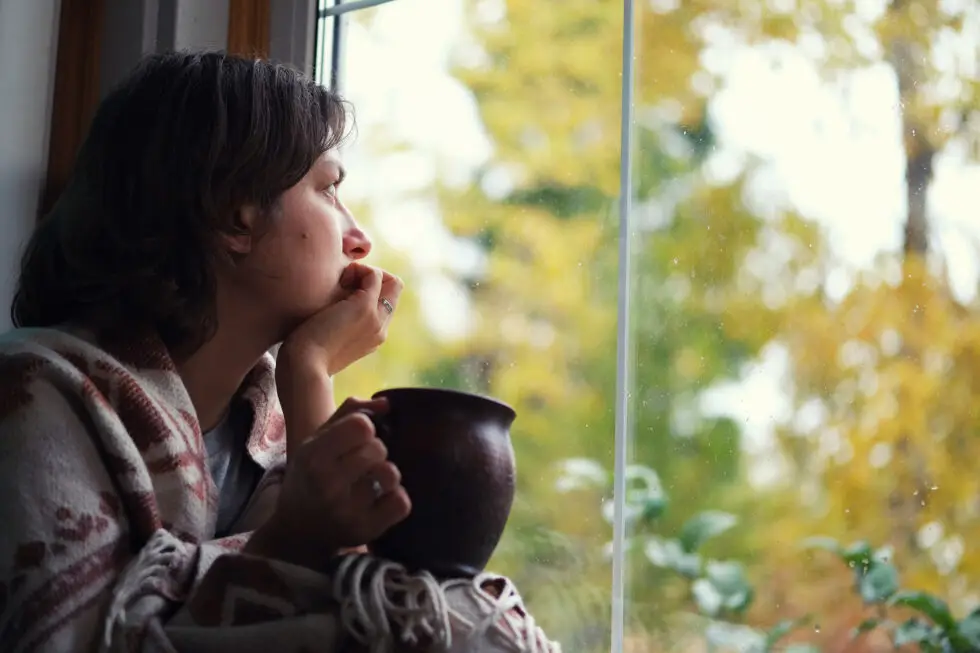If you are experiencing thoughts of hopelessness or suicide, call 988 or text “HOME” to 741-741 to speak with a trained crisis counselor.
Mood Changes with the Seasons
As the leaves brown and temperatures drop, are you finding yourself dreading the change in seasons? If fall and/or winter leave you feeling down, this seasonal transition may not be a welcome one! Many people experience the “winter blues,” or a change in mood brought on by the darker days and colder weather associated with seasonal transitions. However, if this mood shift dramatically impacts your quality of life, you may be dealing with a more severe mental health condition known as a seasonal affective disorder. At Renewed Wellness Counseling our skilled team of therapists understands these challenges.
Seasonal affective disorder, or SAD, affects up to 3% of the world’s population, and up to 20-25% of people with a preexisting mood disorder. But what exactly is SAD? Why does it happen, and what can we do to cope with it? Keep reading to find out!
What is Seasonal Affective Disorder (SAD)?
It’s normal to experience occasional low moods as a result of the change in seasons. For example, we might miss the outdoor activities we used to enjoy during warmer weather or struggle to get out of bed during the dark, dreary winter days.
But when these symptoms become persistent, when they significantly interfere with your ability to function, or when they are associated with thoughts of hopelessness or suicide, they may be a form of clinical depression known as seasonal affective disorder (SAD) – or, informally, seasonal depression.
SAD is not a distinct disorder, but a type of major depressive disorder, or MDD. Unlike other forms of MDD, however, SAD recurs during the same time each year – usually during the colder fall and/or winter months – and remits throughout the rest of the year. As such, many of the symptoms of SAD overlap with those of MDD.
Symptoms of Seasonal Affective Disorder
If you have SAD, you will likely experience depressive symptoms during the autumn and/or winter, such as:
- Feeling sad or exhausted most of the day, every day
- Losing interest in all or most of the activities you once enjoyed
- Difficulty concentrating
- Sleeping too much or too little
- Eating more or less than usual; exhibiting changes in weight
- Thoughts of guilt, hopelessness, and/or suicide
In folks experiencing fall/winter SAD, these symptoms tend to go away during the warmer spring and/or summer months. If you are noticing these symptoms all year, it is more likely that you are suffering from the “traditional” form of MDD. You can also be diagnosed with both MDD and SAD if you experience these symptoms year-round but find that they significantly worsen during certain times of year.
Not sure if you have SAD or MDD? Make an appointment with one of our licensed virtual therapists to discuss your symptoms, get the most accurate diagnosis, and learn new strategies for managing your depression year-round.
Why Does Seasonal Affective Disorder Happen?
While we aren’t exactly sure what causes seasonal affective disorder, there are a few theories about why some people experience mood changes during the fall and winter months, including:
Lack of Sunlight
The fall and winter months are associated with fewer hours of daylight, especially for folks living far north or south of the equator. These darker days alter our biological clock, or circadian rhythm, which regulates our mood, sleep, and hormones. One hormone that is especially affected by sunlight is melatonin, a hormone that regulates our sleeping and waking patterns. A lack of sunlight in the wintertime can lead to the overproduction of melatonin, causing us to feel sleepy and sluggish during the colder months.
Sunlight also plays a role in regulating serotonin levels. A lack of light can cause serotonin levels to plummet, leading to symptoms of depression. Additionally, sunlight is necessary to produce vitamin D, which further interacts with serotonin. By decreasing serotonin production, vitamin D deficiency during the winter months can lead to depressive symptoms or worsen existing SAD.
Risk Factors
Certain genetic and biological risk factors can increase your chances of developing SAD. For example, you are more likely to experience SAD if depression or another mental illness runs in your family. While SAD is not directly inherited, you are more likely to experience seasonal depression if you possess a genetic predisposition for certain mental health issues. Other risk factors for seasonal affective disorder include being a young adult and being born female.
Unhelpful Thought Patterns
All forms of depression often lead to unhelpful thoughts about ourselves, others, and our environment. Some people with SAD experience stress, anxiety, and negative thoughts about the change in seasons. This type of thinking can perpetuate or worsen symptoms of seasonal depression. Thus, therapy for SAD, like most forms of depression, often focuses on changing these unhelpful thought patterns to more adaptive coping statements.

How to Cope with Seasonal Affective Disorder
While “cold weather” and “depression” may seem synonymous to folks with SAD, they do not have to remain that way forever. Seasonal depression is treatable, and you do not have to resign yourself to the “winter blues” for the rest of your life!
Like any type of depression, SAD affects each individual differently – and each person may require a different combination of treatments and coping strategies in order to feel their best. However, some things you may try to alleviate your symptoms include:
Light Therapy Boxes
Because lack of sunlight during the fall and winter months is thought to be such an important factor in the development of SAD, many individuals with seasonal depression turn to artificial light therapy boxes to get their fix. Light therapy boxes are made to mimic natural sunlight. These light boxes are relatively inexpensive and available without a prescription. Using them for as little as 30 minutes per day in the wintertime can alleviate symptoms of SAD with few risks.
Medication
Other individuals with SAD benefit from over-the-counter supplements or prescription medication. For example, some researchers have found that taking melatonin supplements in the afternoon may help regulate circadian rhythms to alleviate the sleepiness and sluggishness associated with SAD.
Other folks take antidepressants during the times of the year when their SAD symptoms are most noticeable. Antidepressant medication is often most effective in combination with therapy. However, Renewed Wellness Counseling does not offer medication management, so we recommend you talk to a psychiatrist or primary care doctor about whether these options are right for you.
Talk Therapy
Many people with SAD benefit from having a therapist with whom to discuss their concerns, change unhelpful thought patterns, and learn new coping strategies for their depression. Renewed Wellness Counseling offers virtual therapy for SAD and other types of depression to folks living in North Carolina and South Carolina. To learn more about virtual therapy for SAD, schedule your free consultation today!
Start Therapy for Seasonal Affective Disorder in New Bern, NC
If Seasonal Affective Disorder is something you face every year, help is available. Those feelings of sadness and exhaustion can be eased. Our therapists can teach you skills and knowledge to fight the symptoms of SAD and start enjoying life again. We believe that you deserve it. Get started with therapy at our online counseling practice in New Bern, NC with these steps:
1. Fill out this consult form.
2. Read about our skilled anxiety therapists.
3. Begin living a life with less anxiety and more joy!
Other Services at Renewed Wellness
At our New Bern, NC-based therapy practice, we offer more than just therapy for anxiety and stress. Our therapists specialize specifically in therapy for military families, chronic illness counseling, and addiction counseling. For those going through a life change, we also offer life transition counseling. In fact, we can help you wherever you are in the state with online therapy in North Carolina and South Carolina. Let’s work together to get you to a good place!








